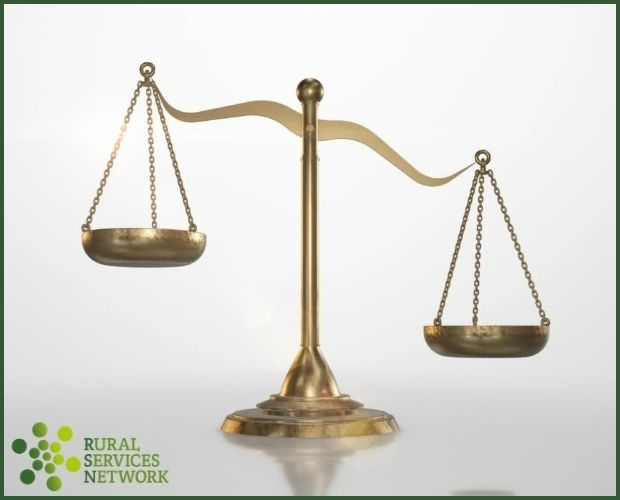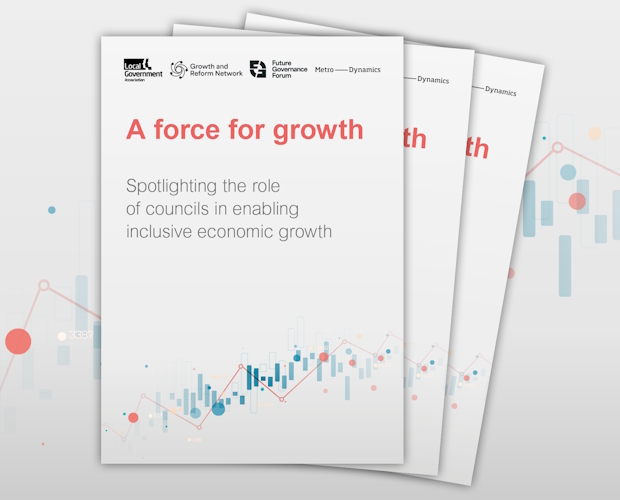T: 01822 851370 E: [email protected]
RSN Voices Serious Concerns Over ‘Fairness’ Of Settlement
Read here...
The Rural Services Network has serious concerns over the new ‘fair and transparent’ Local Government Funding formula. Our analysis shows that in 2026-2027, the most urban councils will receive 41% more in Government funded spending power per head, than...
A new report from the Public Accounts Committee has warned that England’s children’s residential care system is failing vulnerable children and placing growing, unsustainable pressure on local authorities. The Committee found that in September 2024 nearly 800 children - around...
Local Authorities across the country are waiting for the Provisional local Government Finance Settlement, due to be published this week. This will be the first settlement following changes made to the funding formula by the Government for the first time...
The Local Government Association last week published a report entitled ‘A force for growth: Spotlighting the role of councils in enabling inclusive economic growth’. Produced in partnership with the Future Governance Forum, the report identifies the essential role that councils...
The Rural Services Network (RSN) has submitted its response to the Government’s Fair Funding 2.0 consultation, which closed on 15 August. The RSN is the only national body dedicated to campaigning for fairer funding for rural local authorities. This consultation...
Last week, the Government published a new draft Local Government Outcomes Framework, setting out a proposed structure for how central and local government might work together to measure progress on key public service outcomes. The framework identifies priority areas, associated...
A new report from the Institute for Government, Adult Social Care Across England, reveals stark and growing inequalities in access to publicly funded adult social care, with older adults facing the greatest disparities. The report, part of the Performance Tracker...
The Rural Services Network is delighted to celebrate the achievements of our member councils who were shortlisted or recognised at this year’s Local Government Chronicle (LGC) Awards — a flagship event celebrating innovation and excellence across the local government sector....
The government has announced a package of reforms intended to address longstanding issues within the local audit system in England, which it describes as “broken” and “fragmented.” The reforms, outlined on 9 April 2025 by the Ministry of Housing, Communities...
The Local Government Association (LGA) has released findings from its recent survey indicating significant budgeting challenges for councils in England as they prepare for the fiscal year 2025/26. The survey underscores the growing difficulty in achieving balanced budgets and the...
NEWSLETTER
Sign up to receive all our latest news and updates.
HOT TOPICS
Amid reduced public spending, fair resource allocation across regions is crucial. Despite a population larger than Greater London, rural areas receive significantly less funding for essential services, even though delivering these services in rural areas is more expensive.
Economic growth is widely acknowledged as essential for national wealth and prosperity and is a priority for political parties. Rural economies, employing millions and home to a higher proportion of small businesses, have potential for growth if barriers are removed.
Rural residents face distinct healthcare challenges, including limited access to transport, longer distances to medical facilities, an aging demographic, housing inadequacies, digital connectivity gaps, and difficulties recruiting health and care workers.
Rural communities are grappling with a severe affordable housing crisis, marked by high house prices, a lack of affordable housing, elevated living costs, and lower incomes, threatening their sustainability and vitality.
Transport is vital for the quality of life and economic health of rural areas, yet it faces challenges such as infrequent public bus services and less Government funding compared to urban regions.
Rural areas, encompassing a substantial portion of England's population and land, play a pivotal role in combating climate change and achieving the net zero target.
In an increasingly digital world, the lack of robust digital infrastructure in rural areas severely limits access to crucial services and stifles economic growth.
A future-focused vision for rural communities involves not just building the right homes in the right places but also ensuring thriving, sustainable communities.
SIGN UP TO OUR NEWSLETTER
Sign up to our newsletter to receive all the latest news and updates.













